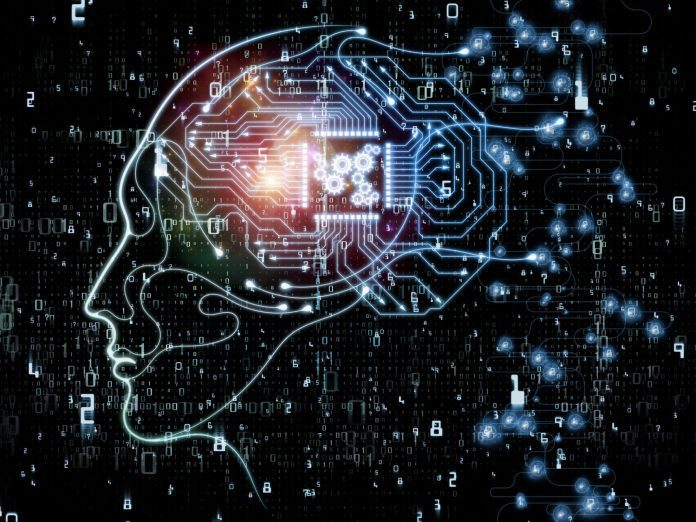Spanish carrier Telefonica, together with Microsoft, Repsol, Gestamp, Navantia, and Técnicas Reunidas, have joined forces to create IndesIA, the first artificial intelligence (AI) consortium in the Spanish industrial sector.
“The Spanish industrial sector currently faces a number of important challenges. The need to become more competitive through automation and optimization of industrial processes stands out among these, as does improving sustainability through energy efficiency, developing new materials with lower environmental impact, and following through the commitment to the circular economy. Achieving all of this will require scaling the use of data and artificial intelligence throughout the value chain,” the participating companies said in a statement
The new consortium has initially centered its attention on the following areas of action:
-Identifying use cases in industry that can be resolved with data and artificial intelligence.
-Creating acceleration mechanisms to make the process of developing big data and artificial intelligence solutions more agile.
-Developing ecosystems of start-ups, technological centers, and universities specialized in research and development of artificial intelligence solutions with industrial applications.
-Powering the creation of a large-scale interoperable industrial data platform that promotes the development and consumption of artificial intelligence solutions.
-Reaching agreements to facilitate access to technologies such as IoT, 5G, cloud, supercomputing, quantum and edge computing.
-Opening a Data & Artificial Intelligence school to involve and train industrial sector professionals in data and analytics through training programs.
The participating companies said that over 60 use cases based on artificial intelligence and data analytics have been identified to provide traction across the value chain of five major industrial areas: energy, automotive, naval, telecommunications, and engineering. “With this, data and artificial intelligence can be used in nearly any industrial process, in any business active in these areas, for improvements of any kind,” the partners said. “Applying these technologies in processes common throughout these industries also offers a wide range of synergies, including predictive maintenance of equipment, optimization of production planning, smart logistics, the development of autonomous production plants, optimization of energy consumption in production, development of digital twins, automation of industrial processes, quality optimization, and development of advanced materials.”
IndesIA also aims to create a library of industrial use cases, all duly documented and with access to the data that enabled their resolution. In addition to being a source of reference material, such a library can stimulate and facilitate the adoption of artificial intelligence technology for companies, including the more than 100 small and mid-sized businesses that have already signed on to the consortium.
“This catalyst project will power the creation of a large-scale interoperable industrial data platform to facilitate the development and consumption of artificial intelligence and data analytics solutions. The platform will accelerate data ingestion by working with the leading suppliers of industrial hardware and software to develop connectors that will guarantee real-time data capture of the activities of the various companies involved. This will lead to the creation of open data lakes with aggregate and reliable data, ready for a wide array of applications in developing artificial intelligence solutions,” the companies said.
The firms also highlighted that data processing will be carried out in strict adherence with EU data protection and sovereignty principles. This includes facilitating mechanisms for data owners to control where data is stored, who has access, and what type of processing can be performed.
The consortium is also working with public and private universities to strengthen employability through upskilling and reskilling for employees in STEM disciplines, with a special focus on artificial intelligence.

